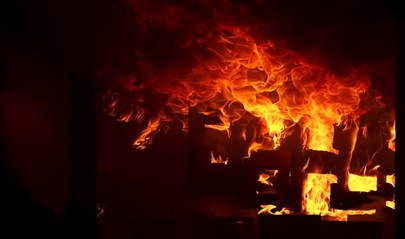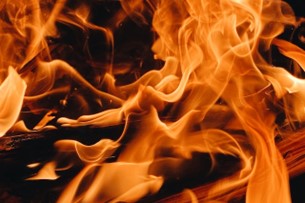Devin Doyle of Newport Beach is the owner and president of Response Fire Supply. In the following article, Devin Doyle takes a look at the economic and insurance implications of commercial fire sprinkler systems.
Local ordinances and codes have required fire sprinkler systems for years, but since the law doesn’t necessitate them, business and property owners often see them as “extras.” Now, it’s time to turn that tide.
Rather than seeing these safety implements as an additional expense, business owners should look at commercial fire sprinkler systems as a long-term investment, saving them money on insurance premiums and taxes as time moves on.
Devin Doyle Explains the Ultimate Long-Term Investment
Despite the specific costs changing depending on the building’s size and complexity, it’s no secret that commercial fire sprinklers can be expensive. But while it’s initially costly, the long-term savings more than make up for it.
Devin Doyle of Newport Beach says that those who install sprinkler systems save lives, minimize property damage, prevent operation disruptions, and boast lower insurance premiums. In fact, a survey conducted by the National Fire Protection Association shows that properties with sprinklers experience 75% less property damage and 60% fewer injuries.
Ensuring the presence of commercial fire sprinkler systems is not only the different between life and death; it’s the difference between destroyed bank accounts and flush pockets.
Unlocking Incredible Insurance Savings
Devin Doyle of Newport Beach explains that insurers have recognized the value of fire sprinklers since the mid 1800’s. As such, they offer incentives, like lower insurance premiums, to business owners who install them. After all, providers understand they’ll be paying significantly less in losses should a fire break out in a well-equipped building.
Of course, insurance companies have their own rating system, eliminating the possibility of concretely stating the exact discounts for sprinklered properties. However, the Insurance Services Office (ISO) publishes recommendations to providers on rates for various buildings in a multitude of locations. And while providers aren’t obliged to utilize these suggestions, many stick closely to such figures.
Business and property owners can get a good idea of the huge premium reductions on offer by examining the ISO sample rates for various building types.
Devin Doyle of Newport Beach notes that with reduction percentages far beyond the 50% mark, commercial fire sprinkler systems essentially pay for themselves.
Gaining Income Tax Deductions
The economical savings presented by lowered insurance premiums were perhaps the most obvious benefit to installing fire sprinklers. However, many business owners aren’t aware of the bank-account-saving tax deductions that having such systems bring.
Devin Doyle of Newport Beach says that where federal government tax rules are concerned, there are three variants of income tax deductions afforded to businesses that install fire sprinkler systems.
- The annual depreciation allowance for the fire sprinkler system’s worth.
- The tax deduction for the interest spent on the loan to install the sprinkler system.
- Businesses have the potential to qualify for the federal Qualified Rehabilitation Tax Credit after installing a sprinkler system. This only pertains to nonresidential buildings constructed prior to 1936 or properties that are considered historic structures.
The above comes with a variety of prerequisites for businesses to fulfil before qualifying. However, it’s typical for most to obtain at least one of the above deductions following the installation of a commercial fire sprinkler system.
As for the annual depreciation allowance, the amount changes based on the building type. Generally speaking, the federal government permits a 39-year recovery period for most properties. Thus, the claimed amount is 1/39 or 2.56% of the system’s cost per year.
The tax deduction for the interest spent on the loan, however, is perhaps the easiest to obtain for any business.

Maintaining Business Operations for Continued Profits Through Fire Damage
Devin Doyle of Newport Beach says that if a fire breaks out, damage ensues, often shutting down business operations for the foreseeable future when no preventative measures are installed. But commercial fire sprinkler systems have changed the game, allowing companies to maintain operations by limiting the amount of damage caused by the fire.
And the economic benefits here are astounding. Not only do unattended fires stop profits from being made, bu they also boost expenses and necessitate costly repairs. Thus, well-fitted and regularly inspected fire sprinklers can abolish this potentially business-ending ordeal and ensure operations can continue much faster for continued money making.
Ultimately, commercial fire sprinkler systems save money from all sides — insurance premiums, repairs, federal taxes, and business operations.









